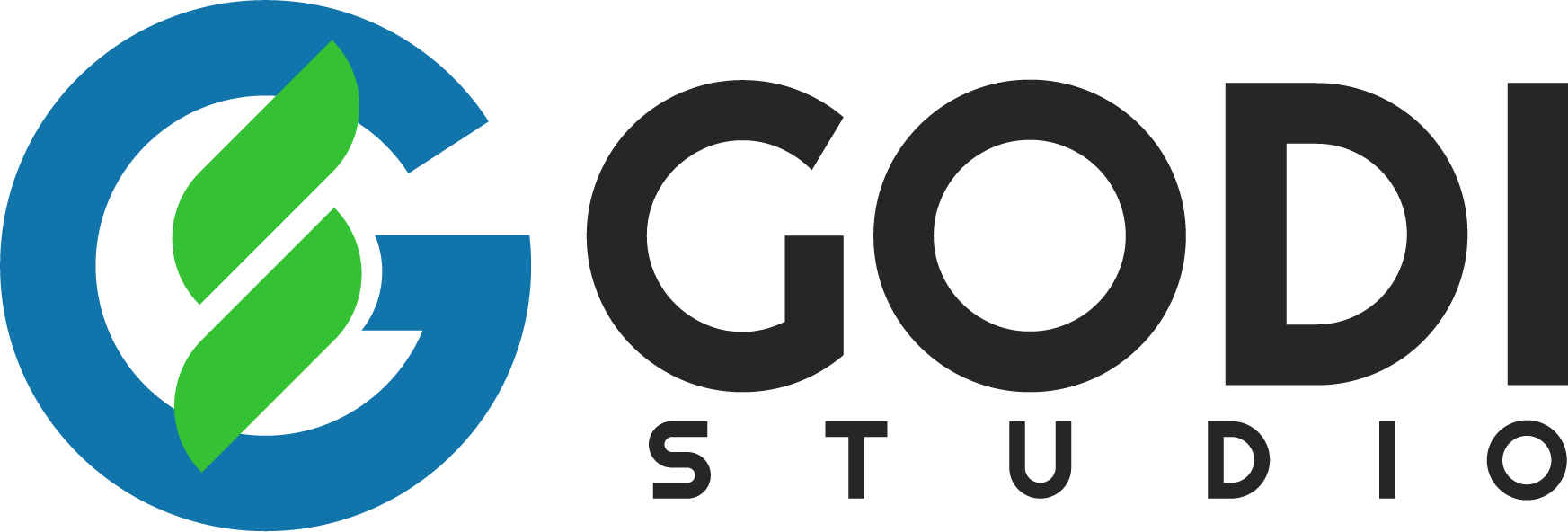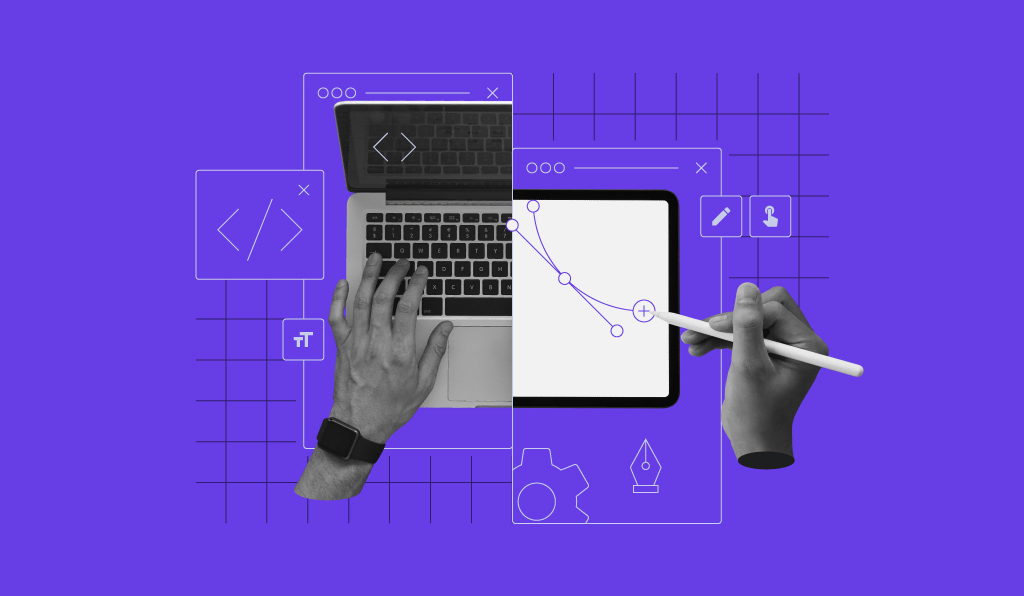As the digital landscape continues to evolve, 2024 brings exciting changes
to the world of web design. WordPress, the world's most popular content
management system (CMS), remains at the forefront of these innovations. From
enhanced customization to greater focus on performance and security, let’s dive
into the key trends shaping WordPress design in 2024.
Full-Site Editing (FSE): A New Era of Customization
Revolutionizing Website Customization
Full-Site Editing (FSE) represents a major shift in WordPress design.
Traditionally, customizing various parts of a website—like headers, footers,
and sidebars—required complex coding or third-party theme builders. In 2024,
FSE allows users to customize their entire site using intuitive block-based
tools, without needing additional plugins.
Click here This streamlines the process, giving
users the power to create personalized designs directly within WordPress.
Improved Consistency and Efficiency
One of the standout benefits of FSE is its ability to maintain design
consistency across all pages. Whether you're working on a blog post, a product
page, or your site's homepage, FSE ensures that all elements align with your
overall aesthetic. The drag-and-drop interface makes editing faster and more
intuitive, improving efficiency and saving time.
AI Integration: Transforming User Experience
AI-Powered Content Creation
Artificial intelligence (AI) is becoming a key tool in the WordPress ecosystem.
Tools like AI-powered content generation are already helping users create
optimized articles, blog posts, and even social media content quickly and
efficiently. In 2024, expect to see more AI tools integrated directly into
WordPress, helping creators focus on strategy rather than the grind of
producing content.
Enhancing Personalization and User Engagement
AI also plays a significant role in personalizing the user experience. By
analyzing user behavior, AI can serve personalized content, recommend products,
or even adjust website layouts to fit individual preferences. This approach
helps create a more engaging and relevant experience for visitors, improving
user satisfaction and driving conversions.
Headless WordPress: Flexibility and Performance
Decoupling Front-End and Back-End
Headless WordPress is gaining popularity for its flexibility. By separating the
back-end from the front-end, developers can use APIs to send content
anywhere—whether it’s a website, a mobile app, or even a smart device. This
decoupling opens up a world of possibilities for developers and businesses,
allowing them to deliver tailored experiences across multiple platforms.
Enhanced Speed and Scalability
Another major advantage of headless WordPress is its ability to enhance site
performance. By decoupling the back-end, content can be loaded more quickly and
efficiently, reducing page load times.
Click here This speed boost, combined with
scalability, is ideal for large websites and enterprises that require robust,
high-performing systems.
Enhanced Security Features: Protecting Your Website
AI-Driven Security Solutions
In 2024, security is more important than ever, and AI is playing a significant
role in keeping websites safe. AI-powered tools can detect and block threats in
real time, providing a higher level of protection than traditional security
measures. These tools can identify unusual traffic patterns or malicious
attempts to access your site, allowing for immediate action to prevent damage.
Frequent Updates and Multi-Factor Authentication
WordPress is placing a strong emphasis on security by introducing regular
updates and encouraging the use of multi-factor authentication (MFA). MFA adds
an extra layer of protection, making it more difficult for hackers to gain
unauthorized access to your site. With frequent updates, WordPress ensures that
vulnerabilities are patched quickly, reducing the risk of a security breach.
Sustainability in Web Design: Going Green
Optimizing for Performance and Efficiency
2024 marks a shift toward more sustainable web practices. Designers are
focusing on creating websites that are not only fast but also energy-efficient.
Optimizing code and reducing unnecessary features contribute to faster load
times, which in turn reduces the amount of energy required to run the website.
This trend is part of a broader movement toward more environmentally-conscious
digital practices.
Eco-Friendly Hosting and Green Initiatives
The demand for eco-friendly hosting solutions is on the rise, with many hosting
providers now offering services powered by renewable energy. In 2024, WordPress
users are encouraged to choose green hosting providers to minimize their carbon
footprint. These hosting options ensure that your website is part of the
solution to reduce the environmental impact of digital spaces.
Accessibility Improvements: Making the Web Inclusive
Adhering to WCAG Standards
Accessibility is an ongoing priority for WordPress in 2024. Websites must be
accessible to all users, including those with disabilities.
Click here By adhering to Web
Content Accessibility Guidelines (WCAG), WordPress ensures that site owners are
building more inclusive experiences. Features such as screen reader
compatibility, improved color contrast, and keyboard-friendly navigation help
make websites usable for everyone.
Enhanced Navigation and Usability
In addition to meeting WCAG standards, WordPress is improving overall website
usability. Designers are focused on creating websites that are easy to
navigate, regardless of the user’s ability. Simplified navigation, clear
labeling, and easy-to-read fonts are just a few examples of improvements that
enhance the user experience and make websites more inclusive.
WooCommerce Advancements: Boosting E-Commerce Performance
AI-Powered Product Recommendations
WooCommerce, WordPress’s e-commerce platform, is evolving rapidly. In 2024, AI
integration within WooCommerce is enhancing the shopping experience by
providing personalized product recommendations. Based on browsing history and
user preferences, these AI-powered suggestions increase the likelihood of
conversions and repeat business, improving both user experience and sales.
Optimized Checkout Process
One of the most significant challenges for e-commerce sites is cart
abandonment. WooCommerce in 2024 is addressing this by streamlining the
checkout process. By reducing the number of steps and offering guest checkout
options, WooCommerce helps businesses capture more sales. Mobile optimization
is another key feature, ensuring smooth transactions on smartphones and
tablets, which are increasingly used for shopping.


